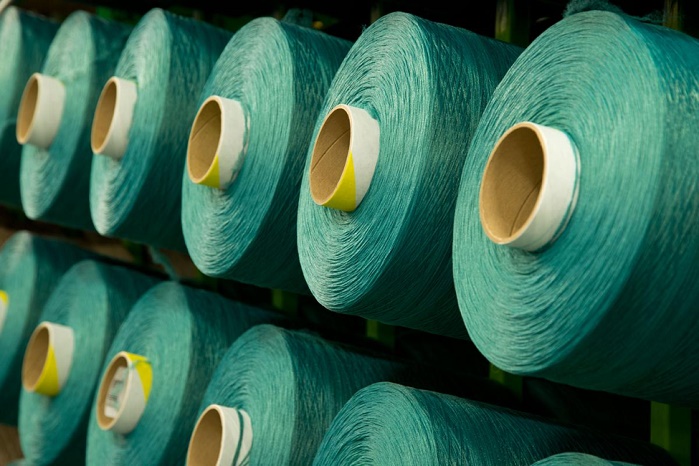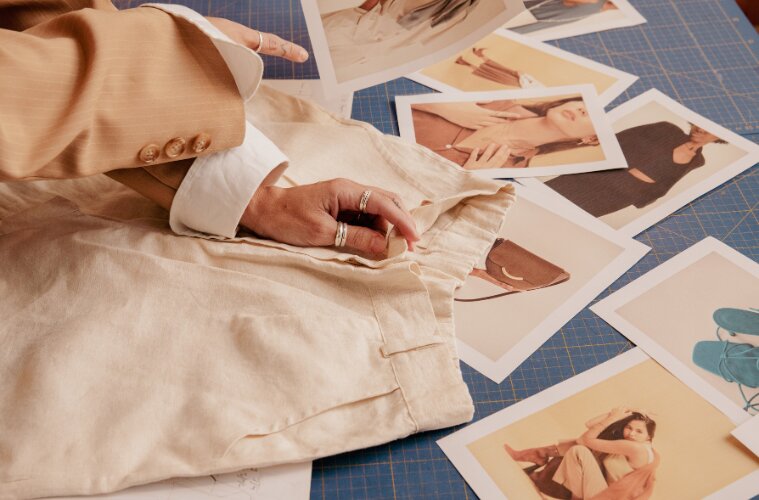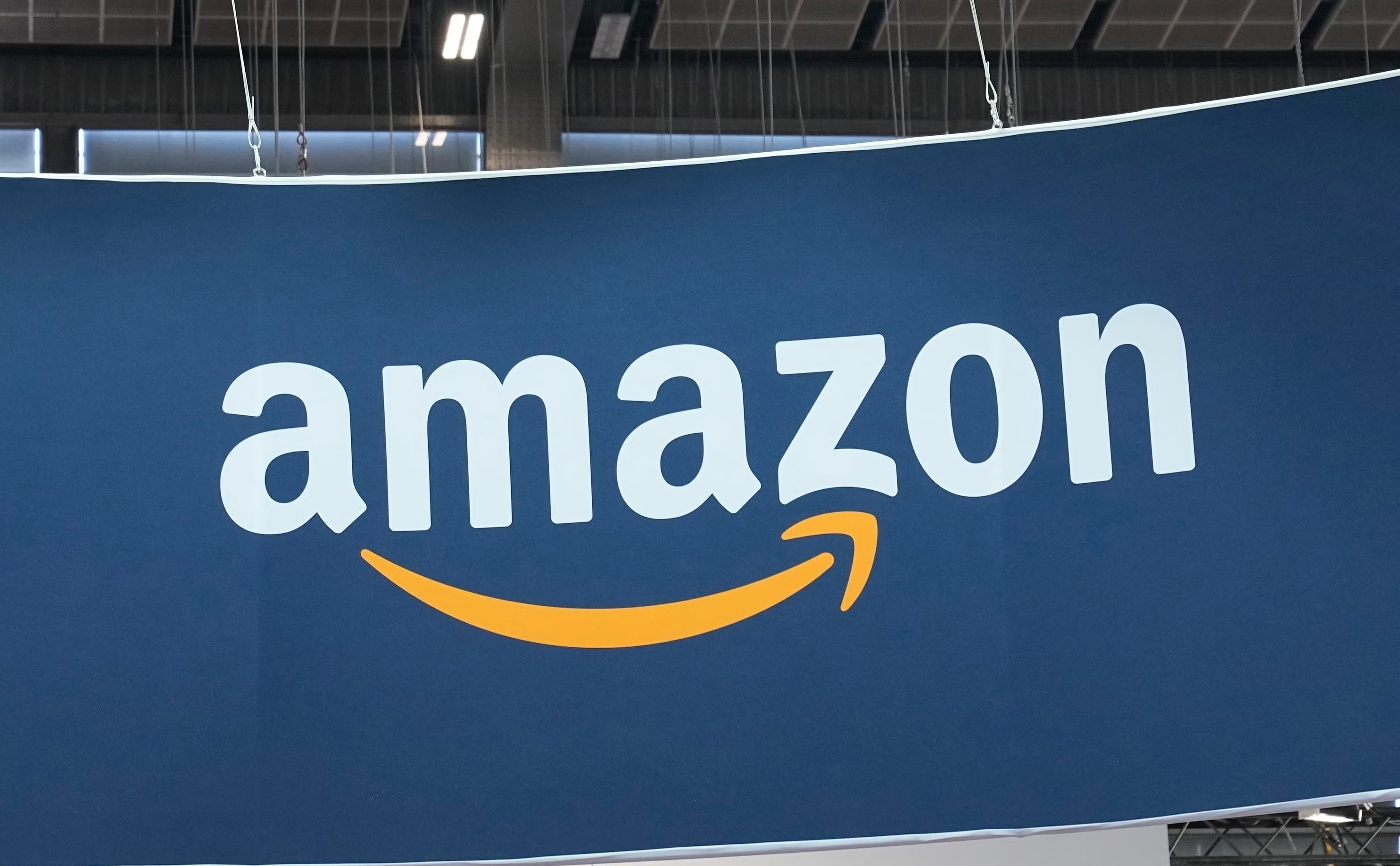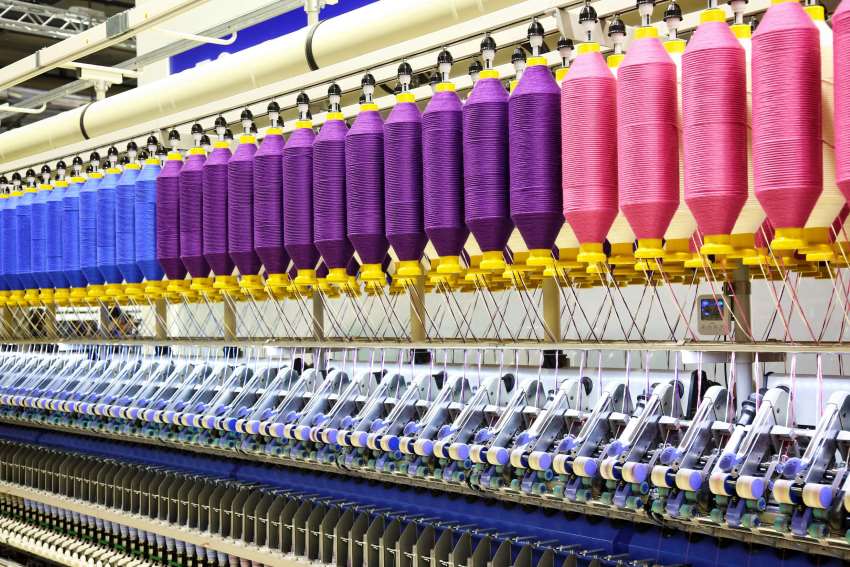FW
Premiere Vision New York was held from July 17 to 18. The trade show presented a comprehensive array of seminars, services and displays amid the European-centric, but globally represented fabric exhibitors. There’s a paradox that exists for the industry now: the US economy is strong, but the administration has caused chaos with the imposition of tariffs that have been countered by China, the European Union and Canada, and the threat of more.
The fashion industry in the US is struggling. This includes retailers trying to shift their business models in accordance with the e-commerce boom and changing consumer priorities, but also fighting with travel, electronics, home and entertainment for consumer dollars.
The show focused on delivering a more comprehensive presentation. It has taken to technology by creating an app that can be downloaded to guide visitors around the show, as they would be at an art museum. More trend presentations and talks were also introduced, along with smart talk seminars and displays.
Moving ahead with new technologies and the evolution of the trade show, Premiere Vision will launch a new digital online marketplace—starting with weavers—at Première Vision Paris in September. It will contain a catalog of resources and materials in the sector to augment the hands-on trade show experience.
British shoppers stepped up purchases the most in over a decade in the second quarter despite lower spending in June, giving the Bank of England some reassurance that tahe sluggish start to 2018 is over. Retail sales volumes in June alone unexpectedly fell 0.5 per cent from May at the low end of economists’ forecasts as the World Cup kept some shoppers out of stores after extremely rapid growth during the previous two months. Overall economic growth in Britain this year is likely to be the weakest since 2012.
The latest retail sales data showed clothing sales suffered from the heat, but food and drink retailers did well as shoppers took advantage of unusually hot weather. However, old-style clothing retailers such as Marks & Spencer, Debenhams and House of Fraser have struggled, and furniture retailers DFS and Dunelm reported lack lustre results, in part due to hot weather keeping shoppers away.
Retail sales growth and Britain's economy overall slowed in the first three months of 2018, due to heavy snow as well as ongoing pressures from high inflation and the anticipation of next year's Brexit, and the BoE stated in May that it would delay raising rates until it was sure that growth was back on track.
Sales for the second quarter as a whole were 2.1 per cent higher than the first three months of the year, the biggest calendar-quarter increase since the first quarter of 2004.
Thailand and Colombia may join the Trans-Pacific Partnership. The UK is seeking public feedback on the idea, wanting to prevent its isolation from the rest of the world after it exits the European Union. South Korea is said to have contacted multiple members about joining, while Taiwan, eager to counter mainland China's push for its own trade sphere, has shown interest as well.
Mexico, Japan and Singapore have already ratified the agreement, with Vietnam and two others set to do so by year-end. The bloc comes into force 60 days after at least six members ratify it. The Trans-Pacific Partnership has a membership of eleven countries.
A dedicated committee will be set up to iron out the exact process for bringing in newcomers. The bloc will not renegotiate its rules on intellectual property and other trade issues, but tariff rates will be worked out between each existing and new member.
The US pulled out of the original 12-member TPP in 2017 before it could even be ratified. The agreement has now been revived as the TPP-11. Along with reducing tariffs, the agreement will set rules for a wide range of fields, including e-commerce and intellectual property, making exports from members like Vietnam or Chile more competitive within the bloc than those from nonmembers.
The Tamil Nadu government has made elaborate plans to improve cotton production. These include the proactive measures taken in wake of the recent unavailability of cotton and its soaring prices. The Tamil Nadu government emphasised the need to improve cotton production adding that the sericulture department is chalking out a plan to increase silk production to enable Tamil Nadu to be self-sufficient.
The government also plans to set up a Common Effluent Treatment Plants (CETP) to address the effluent issue that was affecting water bodies besides the common man, weavers and the textile industry. The government met with stiff resistance from the public for setting up of a CETP in their locality. At present the government is offering 49 per cent subsidy for the establishment of CETPs.
The CETP at Tirupur has been set up at a cost of Rs 700 crore and has received a subsidy of Rs 175 crore besides an interest-free loan of Rs 200 crore. In the near future, the government is willing to set up many more CETPs.
Footwear maker Skechers USA Inc’s shares declined recently after same-store sales missed estimates in the second quarter ended June 30, 2018. Net earnings of the company were reported to be $45.3 million, declining by 24 percent year-over-year. Sales grew 10.6 per cent as a result of a 24.9 per cent increase in the company’s international wholesale business, and 12.8 per cent increase in its company-owned global retail business. Sales reached $1.13 billion.
Comparable same store sales in company-owned stores worldwide grew by 4.5 per cent, including a 2.2 per cent rise in the United States and an 11.3 per cent increase internationally, however the company suffered from a weak domestic wholesale business, which fell 7 per cent, and a 6.1 per cent decrease in the company’s international distributor business.
For the third quarter of 2018, the company expects to reach sales in the range of $1.200 billion to $1.225 billion, and diluted earnings per share of $0.50 to $0.55.
High street fashion retailer Primark has announced a three-year partnership with UNICEF where both will collaborate on education and emergency response. In total, Primark will commit $4.5 million towards UNICEF’s education work and a further $1.5 million has been pledged to support emergency response efforts following humanitarian crises.
Primark’s contribution to the charity’s education fund will enable vulnerable children to attend and keep their place in Cambodian schools. Activities in the program will include targeted support for children from minority language groups, children with disabilities and girls, investment in school sanitation facilities, and training for teachers in positive discipline approaches.
In 2017, UNICEF’s emergency response arm – which Primark is now directly supporting – responded to 337 humanitarian situations in 102 countries, most of which included children at risk, with women and children comprising 60 - 80 per cent of the affected population.
Spanish garment retailer Inditex will pilot at-home pick up service for recycled garments in China this September. The initiative, which currently operates nationwide in Spain, is a central part of the group’s strategic commitment to the so-called circular economy. It has enabled the collection of more than 25,000 tons of garments in 21 markets since launching in 2016.
The company’s integrated store and online model has boosted Inditex’s sustained growth. All of Inditex’s brands benefit from a robust integrated store and online platform. Last year, online sales accounted for 12 per cent of the total in the 47 markets in which e-commerce platforms are available, representing annual growth of 41 per cent.
The model has enabled sustained growth over the years, coupled with the consistent creation of economic, social and environmental value. Inditex owns international fashion brand Zara. Inditex has also recently embarked on a refurbishment drive for its entire global network of more than 7400 stores, accompanied by considerable growth in the Zara online platform.
Competitors have been unable to fully replicate Inditex's business model, which takes clothes from design to rack in weeks. The company’s gross profit margin is expected to bottom out this year as currency headwinds ease.
India has doubled the import duty on textile products including carpets, woven fabric, jackets and baby garments. Duties have been hiked from 10 per cent to 20 per cent. This is a move to provide relief to garment and carpet manufacturers who were under immense pressure post GST.
On some items, the rate would be 20 per cent or Rs 38 per meter, whichever is higher. The ad-valorem rate of duty for certain items is also raised. However, imports from less developed countries will remain duty-free, including Bangladesh. Bangladesh is the largest supplier of most of the goods on which duties are doubled.
The textile industry in Bangladesh has been structurally developed to manufacture value added textile products, due to lack of raw materials, for which it relies on imports from surplus countries like India and USA.
So it is imperative that the Indian textile industry move up the value chain and take the advantage of ample availability of cheaper raw materials. If raw material from India can go to Bangladesh, only to be converted into value added products and brought back to India, the Indian textile industry can restructure and produce high value products. China is already moving up the value chain and moving low value production outside the country.
Key commodities in Vietnam including apparel, leather, and footwear are likely to be hurt by the US-China trade war. However, it war may also present some opportunities as Vietnam may be able to boost shipments to the US with limits on Chinese import. Furthermore, the depreciated Chinese yuan will give Vietnam an edge when importing materials from China.
As the US imposes high taxes on Made in China goods, Chinese manufacturers are likely to move their operations to Vietnam to fill the gap. However, if there is a wave of Chinese investment in Vietnam, the US is likely to limit the import of goods with Chinese materials, thus putting Vietnam at a disadvantage.
The trade war has also indirectly hurt consumption market because US and Chinese consumers have switched to buying necessities instead of more luxury items such as leather, footwear, and handbags – leading to a slump in demand in the two countries.
Eurojersey has signed a new three-year extension of its existing partnership with WWF Italia aimed at the conservation of water as a planetary resource. The new partnership will take the form of multiple activities such as the calculation of exact water footprint for Eurojersey’s branded ‘Sensitive’ stretch nylon textiles, the problems of synthetic microfibres and other plastics in the marine environment, together with the launch of a new campaign to promote sustainable fishing and the protection of sharks, as indicators of healthy marine eco-systems.
The company has launched the next phase of its ongoing environmental program, which it first started back in 2007. It has signed an extension of its existing partnership with WWF Italia, which focuses on the protection of marine ecosystems in the Mediterranean Sea, which includes funding for programs looking at the protection of sharks, addressing overfishing and issues of pollution.
The company is also collaborating in a new study with the CNR a National Research Council of Biella to produce a comparative analysis between Eurojersey’s ‘Sensitive fabrics’ and other synthetic fabrics of different blends to identify the amounts of released microplastic particles after washing and drying garments.
The company claims garments made of ‘Sensitive’ fabrics require little water during their production, are quick to dry and are durable which it says means they have an above average lifecycle and a general lower environmental impact that similar fabrics made elsewhere.
The company has recently joined the ZDHC. By joining the ZDHC, it will address the issue of hazardous chemicals and their associated risks in a systemic manner, by integrating special measures and controls in the manufacturing cycles without neglecting its responsibility and a greater transparency in its customer relations.












